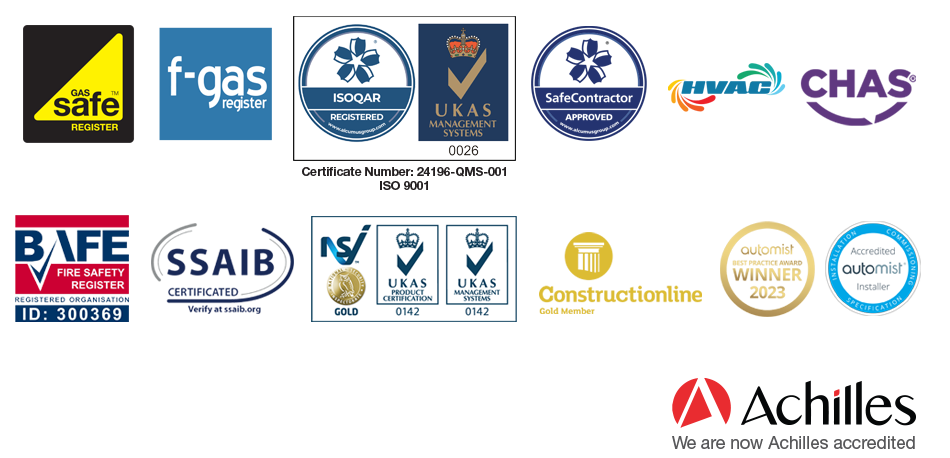If you work in the world of hospitality, you know that the customer is the most important thing. Your whole business is built around them, and so it’s your job to keep them safe and happy while they are under your roof. Safe being a pretty important word there! So much so that the HSE (Health and Safety Executive) has identified two key safety issues within the hospitality space that need addressing – electrical faults and fire hazards. Both of these can cause serious injuries or even death, so here are 4 ways you can make sure your hospitality premises are as safe as possible for your customers.
Protect All Sockets With An RCD
Wherever you have a circuit that is supplying power to an outlet where water is present – for example a bathroom – the circuit should be protected by an RCD. RCD stands for Residual Current Device, and provides protection to the wiring and fixed appliance within the room. It does this by monitoring the current of the circuit, so that it can quickly and automatically isolate a circuit when it detects that the electric current is unbalanced. An unbalanced current between the supply and return conductors of any circuit created leakage current, which presents a shock risk. An RCD can prevent that from happening. This significantly reduces the risk of electrocution for anyone working on the electrics or just using the room. RCDs should be fitted in the electrical distribution board and should be tested regularly to make sure they’re still in working order.
Book Regular Inspections And Tests
As a hospitality business, your buildings should each hold a valid EICR certificate to prove safety. It’s generally recommended that you have all fixed wiring tested every 5 years, all writing in pool areas tested every year, and portable appliance tested once a year or more, subject to individual risk assessments. Not only is this good practice, but your EICR (the electrical installation condition report) will give you an insight into the condition of your electrics, helping you identify any remedial work that needs to be done. In other words, it helps you put the safety of your staff and customers first.
Maintain and Upgrade Circuit Charts
For each property you manage you should have a circuitry chart and works record. Every time a professional electrician or electrical engineer carries out any work on your property (no matter how small), they should be providing you with a new circuit chart to reflect the work, along with all of their paperwork. This helps future electricians see any previous work done, makes testing much easier and will save you a lot of time if you need to do any maintenance or solve any problems quickly. This applies to both the front and back of house.
Plan Your Testing In Advance
Electrical testing and maintenance are always best done in advance. This is so that work can be done before any major problems arise, and means you won’t be fighting deadlines. The main reason for all of this is to make sure that your EICR paperwork is up to date before the mandated deadline every 5 years. By spreading your maintenance work you can also spread the cost, making it much easier to keep up with.
At Bonus Eventus Maintenance we may be the HVAC specialists, but we also need to know about and understand electrics in order to do out jobs. This means we can maintain other areas of your building systems while we work. Including electrics. So if you need a registered electrician to carry out testing or maintenance work, why not give us a call today.
